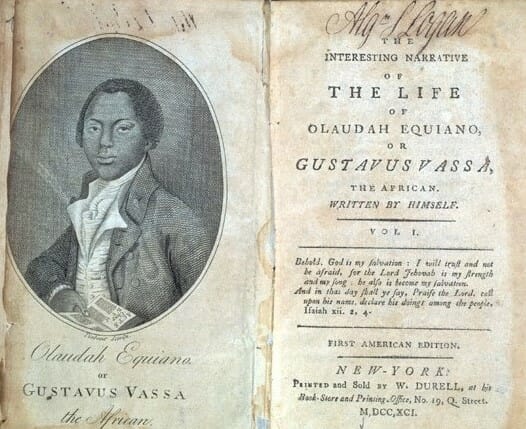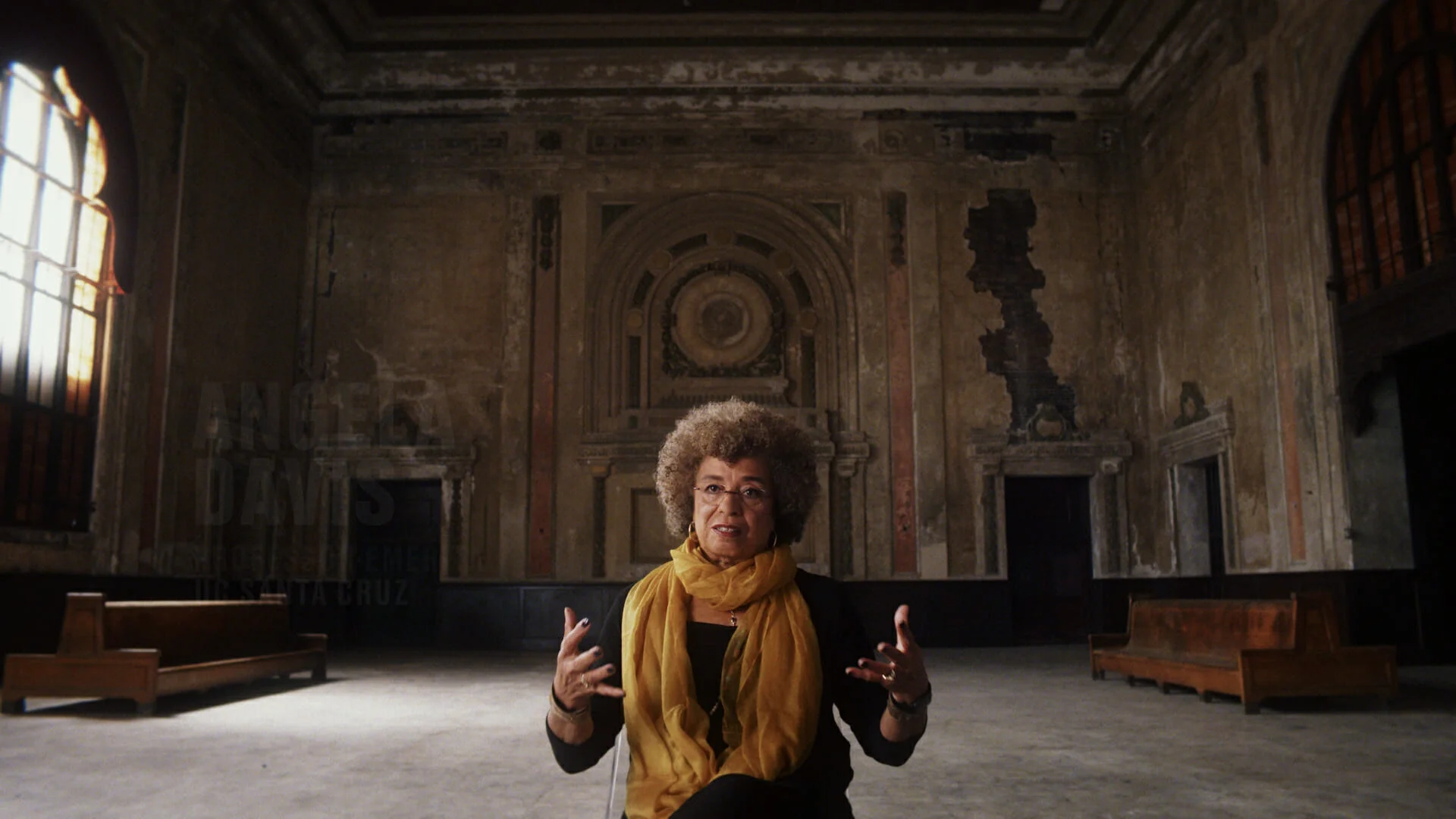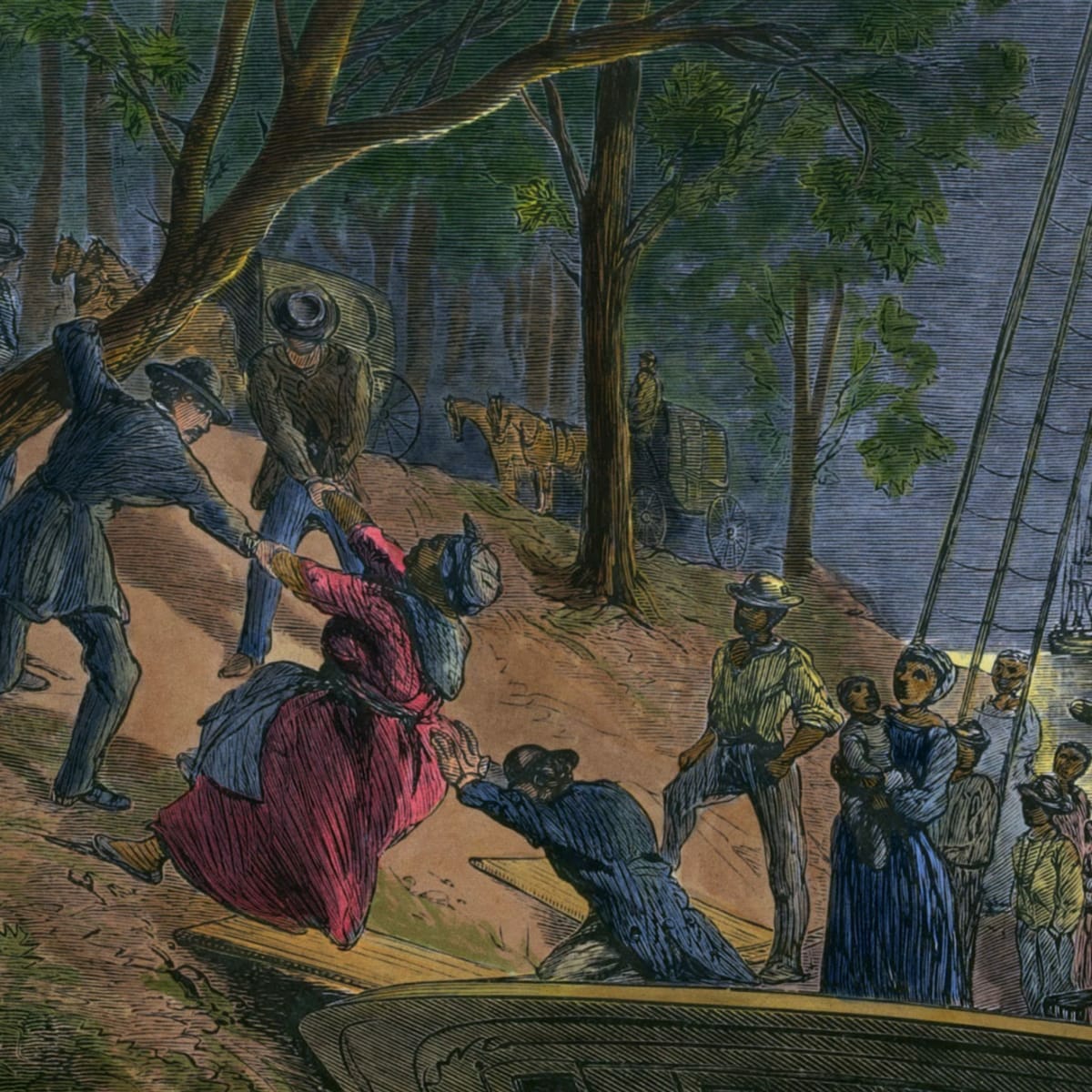
The Interesting Narrative of the Life of Equiano | The roots of racism
Author
Year
Format
Published in 1789, translated in many languages such as German, Dutch and Russian, and re-issued nine times alone during the author’s lifetime, The Interesting Narrative of the Life of Olaudah Equiano, Or Gustavus Vassa, The African is one of the most well known and widespread sources about slavery and the slave trade. The author Olaudah Equiano, a fervent Methodist and active abolitionist, bought his own freedom in 1776.
The Guardian ranked Equiano’s autobiography among the 100 best nonfiction books of all time. This book paved the way for the whole genre of slave life writing. By vividly showing the historical roots of racism, it traces a thin line between slavery in the past and the present racial global inequality. This text has also inspired popular books like Uncle Tom’s Cabin and The Underground Railway or movies like 12 Years Slave and Django Unchained.
The autobiography of a former slave as a choral narration
The Interesting Narrative of the Life of Olaudah Equiano, Or Gustavus Vassa, The African compels forward an incredible number of events and geographical places in a relatively brief time span. Moreover, the variety of styles ranging from travel narration to spiritual, political, and anthropological, confers an almost surreal tone to the whole book. As it tends to sound epic rather than autobiographical, many researchers questioned the authenticity of Equiano’s autobiography.
The most prominent is the historian Vincent Carretta, who questions Equiano’s roots in the preface of a late edition of the book. By relying on archival resources, he argues that Equiano was born in South Carolina and not in Nigeria. Accordingly, the first part of the book about Africa and the middle passage seems fictional. Carretta “hears a novelistic voice in Equiano’s autobiographical work,” which could encourage the readers to discard the overall credibility of the autobiography. However, the historian himself invites readers to interpret Equiano as the spokesman of all those who were enslaved. This way, the autobiography of one former slave becomes a choral narration.
The historical roots of racism
Racism is a constant in Equiano’s life, both as a slave and as a free man. In the book, he recalls a custom of his time, according to which black people could not light lights at night. The punishment was either to pay a fine or be flogged. Equiano also admits that once, to avoid being kidnapped, he had to whiten his face. He also had to deal with threats, violence, and being cheated because of his skin color. These racist episodes, resembling current news headlines from the US and Europe, were a direct consequence of slavery. Back then, society considered Africans inferior, almost sub-humans not deserving of the same rights as white people.
Activists from Black Lives Matter point out that slavery was the starting point of racist exploitations, which we can still see in today’s societies and economic structures. In 2007, the historian Paul Lovejoy assessed:
“Equiano’s life and work remain essential in the study of the abolition movement, the experience of enslaved Africans, and their struggle to achieve freedom and respectability.”
Equiano died in 1797, before the abolition of slavery.
Tag






